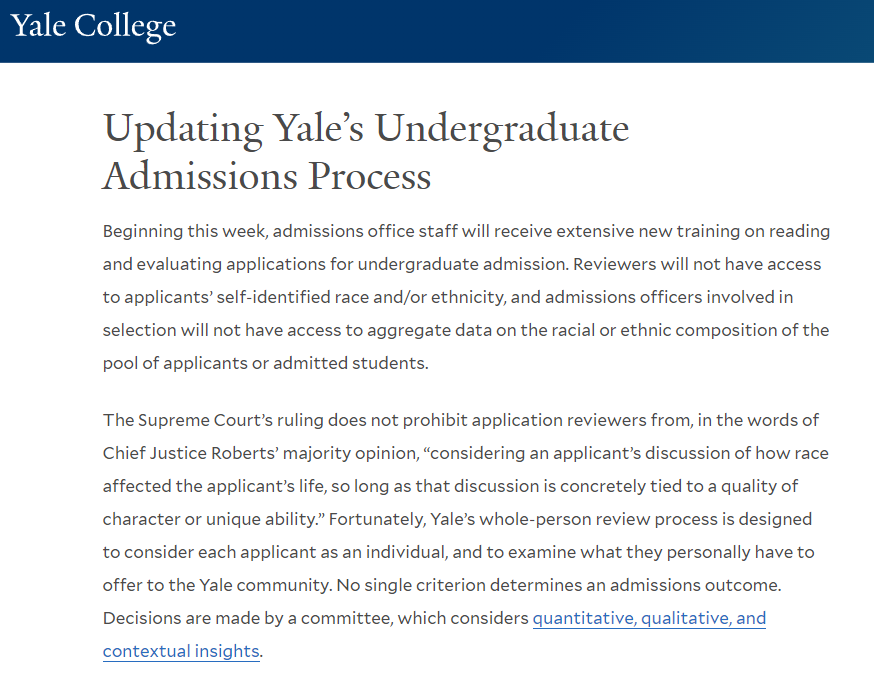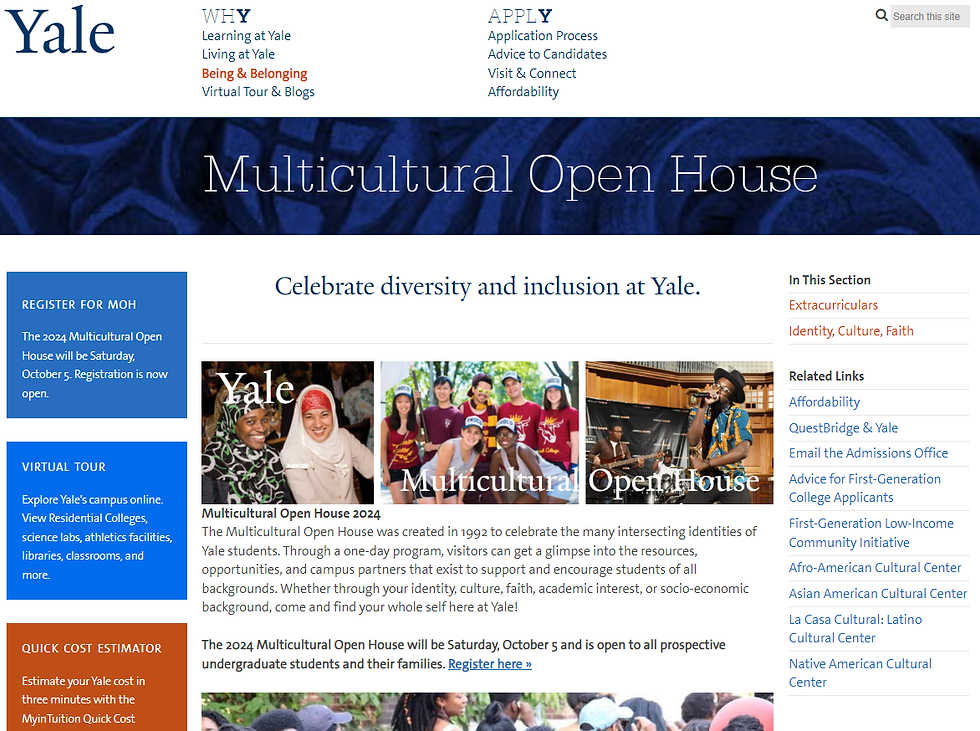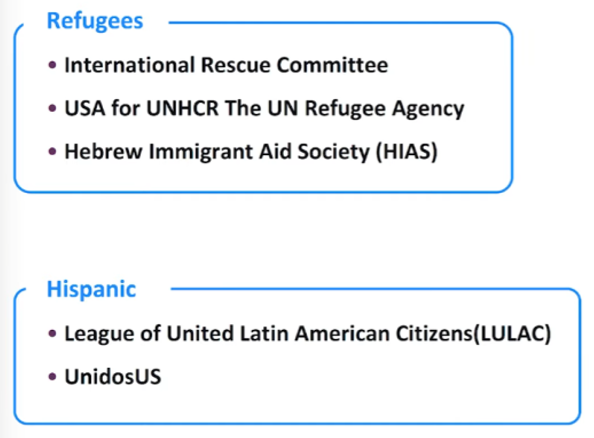
A ONE INSTITUTE
Dec 7, 2024
Today, I’ll share insights from a recent online seminar for this post.

There are quite a few students who enjoy reading novels.
When asked about the benefits or advantages of reading novels, many reply, “Novels feature numerous characters, and the detailed descriptions of each character’s emotional changes enhance my understanding of people.”
From my perspective, however, such responses don’t necessarily demonstrate a deep understanding of people.
Although novels intricately depict psychological changes and the environments that shape characters’ personalities, they are often limited by the imagination of the author, as novels are primarily a solo creation.
I believe that true understanding of people comes from interacting with individuals who are emotionally or culturally distant from oneself, particularly in situations where conflicts or differences arise.
Following the ruling deeming affirmative action unlawful, colleges can no longer select students based on race.

In response, Yale has stated that while it no longer selects students by race, diversity remains highly important. After admitting new students, Yale emphasizes that its student body will still represent a mix of diverse backgrounds.
Yale has even updated its website to highlight the importance of diversity.
According to Yale, when reviewing applications, they blind names and racial information to ensure unbiased evaluation.
Harvard University similarly emphasizes that race and ethnicity will not influence their admissions process, referencing these terms over 20 times across 20 pages of statements.

Yale, too, has reaffirmed its commitment to pursuing cultural diversity, even as racial considerations are no longer accessible. Yale stresses its dedication to multiculturalism, now more than ever.
This emphasis is evident on their website, which now features images showcasing individuals from various racial backgrounds—a change from previous versions of the site.
Even after the end of affirmative action, schools like Yale essentially say, “We will continue to recruit students from diverse racial backgrounds and favor applicants who can adapt well to environments rich in diversity.”
To strengthen the “personal” aspect of an application, colleges look for students with a heightened understanding of humanity, particularly those who have engaged in experiences with people who are emotionally or culturally distant from themselves.
To provide clarity, let’s use a specific example:
What’s the best way to boost your personal score?
Instead of simply teaching tennis within the Korean community, it’s important to take the activity further. For instance, teaching tennis in a community like a refugee group, rather than limiting yourself to the Korean community, is far more impactful.
By teaching tennis in such settings, you might develop an interest in the challenging circumstances these individuals face. From there, you could establish a club within your school to connect with these external communities, involving both your peers and third-party participants.

Encouraging other students in your school to join activities that bridge the gap between the school, the community, and even beyond helps demonstrate leadership skills.
Going beyond merely forming a club, if you take a genuine interest in supporting refugees and create a club within your school that cannot function without your leadership, strong recommendations from your teachers are almost inevitable.
The attached image summarizes these points for your reference.
As illustrated, I’ve outlined organizations that support groups like refugees or Hispanic communities—those culturally distinct from our own. Please refer to the image for more details.
Up to now, I’ve explained how Harvard assesses students, focusing on qualities such as “depth of expertise” and “understanding of people.”
Ultimately, during the application review process, students need to demonstrate both their readiness to embrace specialized knowledge—indicating intellectual curiosity and academic competence—and their ability to increase their experiences through interactions with individuals emotionally distant from themselves.
Asian students often excel in academic scores but fall short in the personal category.
Keep this in mind as you prepare for college applications.
To make the same activities more appealing to colleges, focus on increasing personal understanding—specifically by gaining experiences that involve interactions with individuals who are emotionally or culturally distant from you!
Today, we’ve provided valuable information aligned with how colleges evaluate students.
If you have any questions, please feel free to contact us at A-One Institute.
